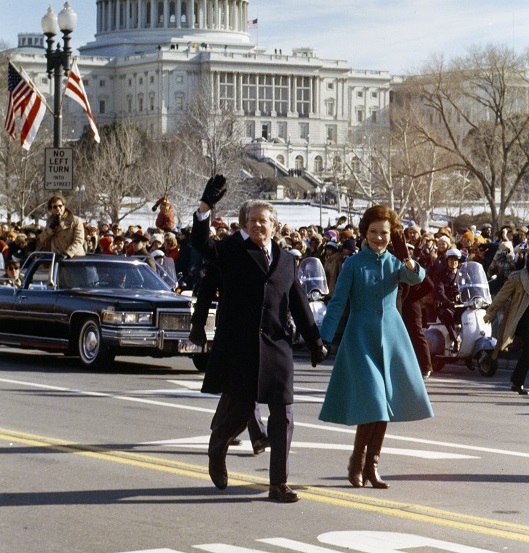I stand in awe of your ability to write a compelling political convention. I'm comparing it to my attempt to write the same convention, and mine pales in comparison. (The SI wasn't as privy to the details, following them in a SWISS newspaper, but even if I had been focused on the con, I could come nowhere near the masterful writing you presented.)
I also had Reagan end up with Jack Kemp as his running mate. That makes me feel good, that I chose the same candidate that a master of politics chose.
I'll be watching to see how many similarities there are between now and November.. (Reagan got blown away in my timeline, aided by Carter Republicans. Granted, due to the succerss of Eagle Claw, and a terrorist attack with more casualties than OTL's 9/11, a thawing of relations with the USSR, Carter was in strong position that he's not here. (Advice from the future can help, even if you don't KNOW it's from the future.)
I also had Reagan end up with Jack Kemp as his running mate. That makes me feel good, that I chose the same candidate that a master of politics chose.
I'll be watching to see how many similarities there are between now and November.. (Reagan got blown away in my timeline, aided by Carter Republicans. Granted, due to the succerss of Eagle Claw, and a terrorist attack with more casualties than OTL's 9/11, a thawing of relations with the USSR, Carter was in strong position that he's not here. (Advice from the future can help, even if you don't KNOW it's from the future.)

